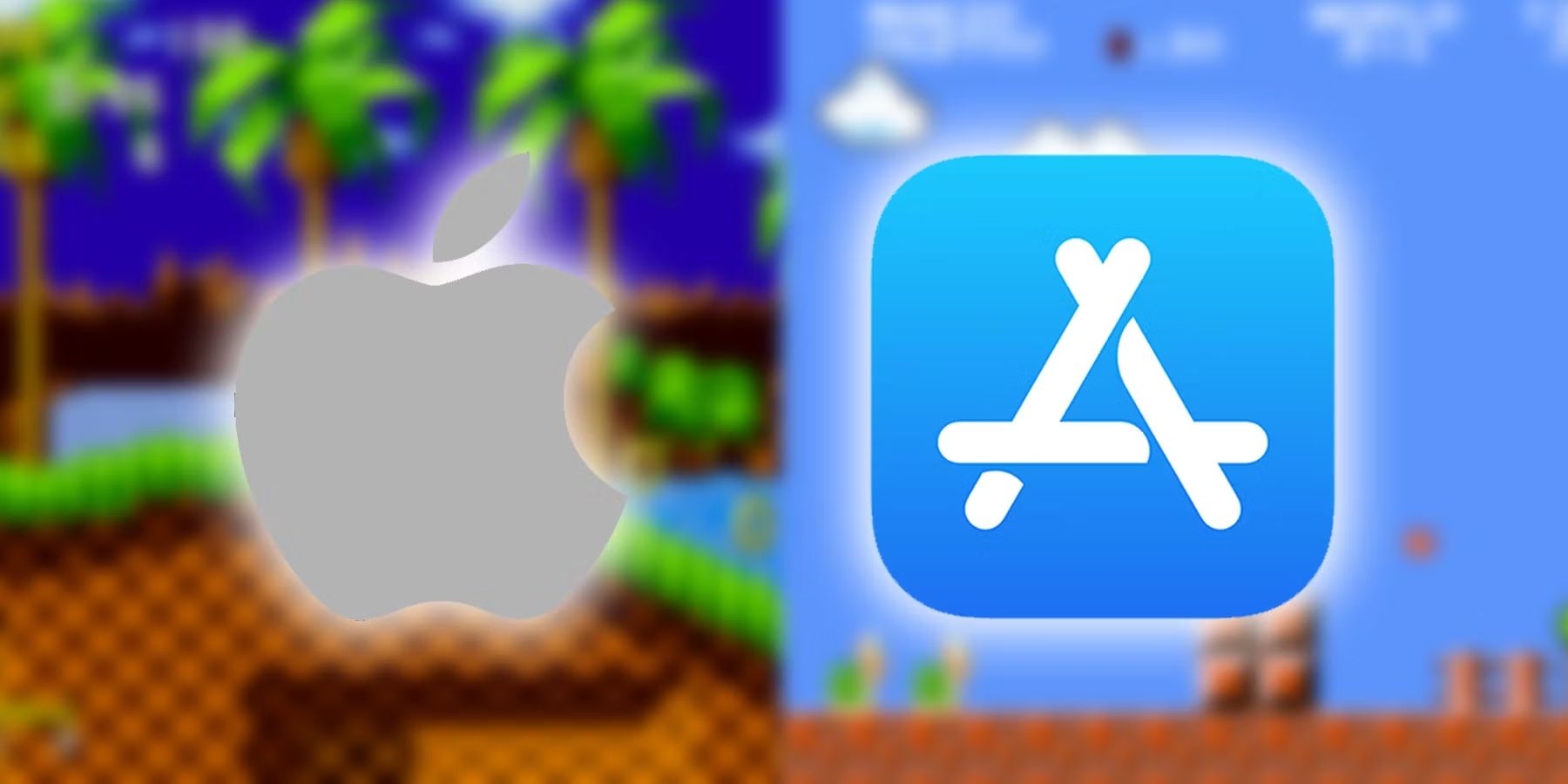The once-forbidden fruit of retro game emulation is finally starting to ripen on the Apple App Store. After years of a near-ban on emulators, Apple’s recent policy shift has opened the door for a wave of classic gaming experiences to flood iPhones and iPads. This is a potential gold rush for nostalgic gamers and a fascinating development in the mobile gaming landscape. But with this newfound freedom comes a flurry of questions: which retro emulators are currently available, what’s on the horizon, and what are the potential roadblocks to a full-fledged emulation renaissance?
A History of Shadows: Emulation’s Journey to the App Store
For a significant portion of mobile gaming’s history, emulation existed in a legal gray area. While the act of emulation itself isn’t illegal, copyright concerns surrounding the game ROMs (copies of game cartridges) created a barrier for developers to offer emulators on official app stores. This left retro gaming enthusiasts with limited options, often resorting to jailbreaking their devices or sideloading emulators from untrusted sources.
However, a wave of change began in 2021. Licensing agreements between major publishers and emulation developers paved the way for official releases. Additionally, Apple’s own App Store Review Guidelines underwent a crucial revision in April 2024. These changes explicitly allowed emulators on the App Store, as long as they don’t include copyrighted game ROMs and users obtain them from legitimate sources.
The Current Landscape: A Glimpse into the App Store’s Retro Revival
While the App Store’s emulation scene is still in its nascent stages, a few pioneers have emerged:
- Gamma: This single-console emulator brings the magic of the original PlayStation (PS1) to iOS devices. It boasts features like save states, controller support, and cloud synchronization for saving progress.
- iMSX2: This emulator caters to fans of classic MSX and MSX2 computers. It allows users to play both commercially available games and even run their own BASIC programs, offering a taste of early home computing.
- OpenEmu (potential future contender): While not yet available on the App Store, OpenEmu, a popular desktop emulator known for its multi-console support, has expressed interest in potentially bringing its capabilities to iOS devices. However, navigating the legalities of multi-console emulation within Apple’s guidelines remains an obstacle.
:max_bytes(150000):strip_icc()/screen-post-hIXmJH9xhoo-unsplash-bfd1d98b3f054aa1841620cb9ecfcfd4.jpg)
The Road Ahead: What Emulators Can We Expect?
The future of emulation on the App Store looks promising, with several potential contenders waiting in the wings:
- Classic Nintendo Consoles: The arrival of emulators for beloved Nintendo consoles like the NES, SNES, and Game Boy is highly anticipated. However, securing licensing agreements with Nintendo could determine the timeline for their release.
- Retro Handhelds: Emulators for iconic handheld consoles like the Game Gear and Atari Lynx could cater to a niche audience yearning for those on-the-go gaming experiences.
- Retro Arcade Games: Bringing classic arcade titles to mobile devices could be a fascinating proposition, particularly with the potential for controller support. However, securing licensing deals with multiple arcade game developers would be a complex undertaking.
Challenges and Considerations: Beyond the Nostalgia Factor
While the prospect of revisiting old favorites is exciting, there are some challenges to consider:
- Controller Support: While some emulators offer controller support, not all mobile games are optimized for a controller experience. Touchscreen controls might be a more natural fit for certain classic games.
- Battery Life: Emulation can be resource-intensive, potentially impacting battery life on mobile devices. Users might need to manage their playtime to avoid rapid battery drain.
- The Legality of ROMs: While Apple allows emulators, acquiring game ROMs legally remains a user responsibility. Navigating the legalities of downloading ROMs from various sources requires caution.
The Verdict: A Golden Opportunity with Cautious Optimism
The arrival of emulators on the App Store marks a significant shift in the mobile gaming landscape. It opens doors for players to relive cherished gaming memories and provides a gateway for younger generations to experience the classics. However, navigating legalities, ensuring a smooth user experience, and fostering a responsible approach to ROM acquisition are crucial aspects to consider.
With careful curation and continued policy support from Apple, emulation on the App Store has the potential to spark a true golden age for mobile gaming. Whether it becomes a haven for pure nostalgia or a platform for discovering timeless classics remains to be seen. But one thing’s for sure: the future of mobile gaming is about to get a whole lot more retro.
















Add Comment